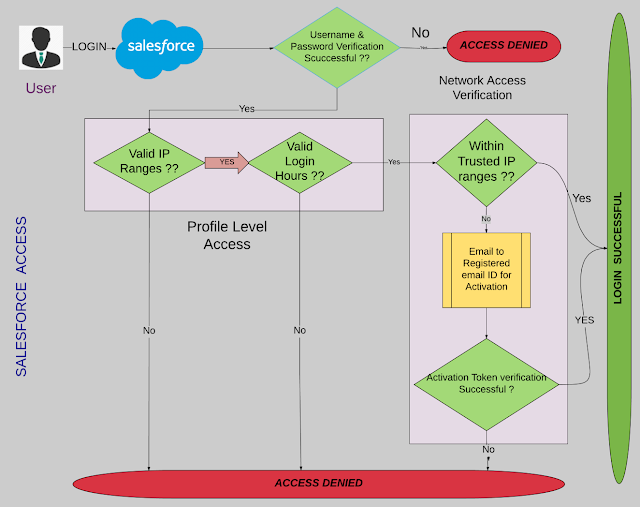Skew in Salesforce
Scenario in which parent record has more than 10,000 of records or if any user owns more than 10,000 records is known as “Data Skew”.
Salesforce does not recommend having more than 10,000 records own by any user or more than 10,000 Child for any parent.
Types of Salesforce Data Skew
Account Data Skew
Certain Salesforce objects, such as accounts and opportunities, have special data relationships that maintain parent and child record access under private sharing models. If too many child records are associated with same parent object in one of these relationships, this imbalance causes something called “account data skew,” which in turn causes performance problems.
If you are unfamiliar with account data skew, you can read more about it here.
Ownership Skew
Similarly, when a large number of records with the same object type are owned by a single user, this imbalance causes something called “ownership skew.” Ownership skew also causes performance problems, which can surface when you’re managing your role hierarchy and sharing rules.
If you are unfamiliar with ownership skew, you can read more about it here.
Lookup Skew
Lookup skew happens when a very large number of records are associated to a single record in the lookup object. Because you can place lookup fields on any object in Salesforce, lookup skew can create problems for any object within your organization.


Comments
Post a Comment